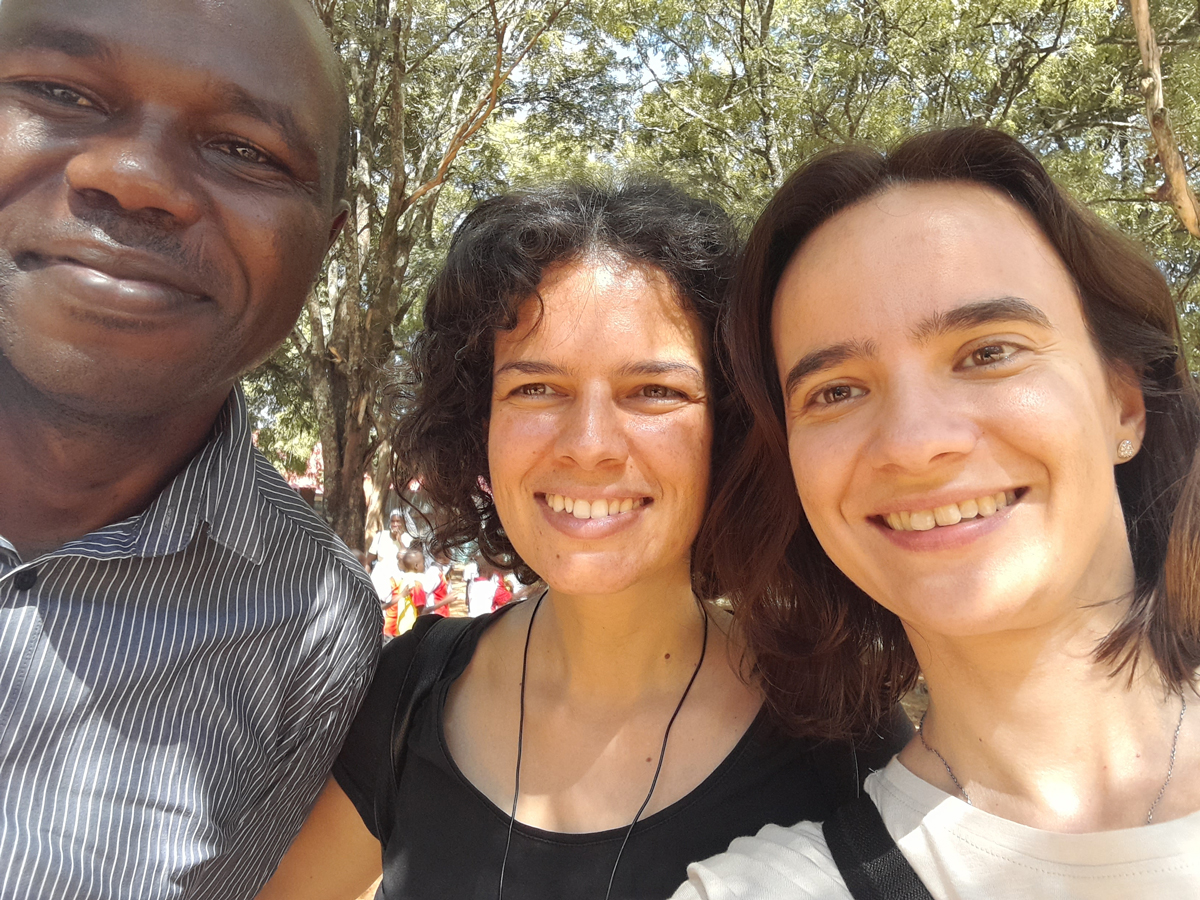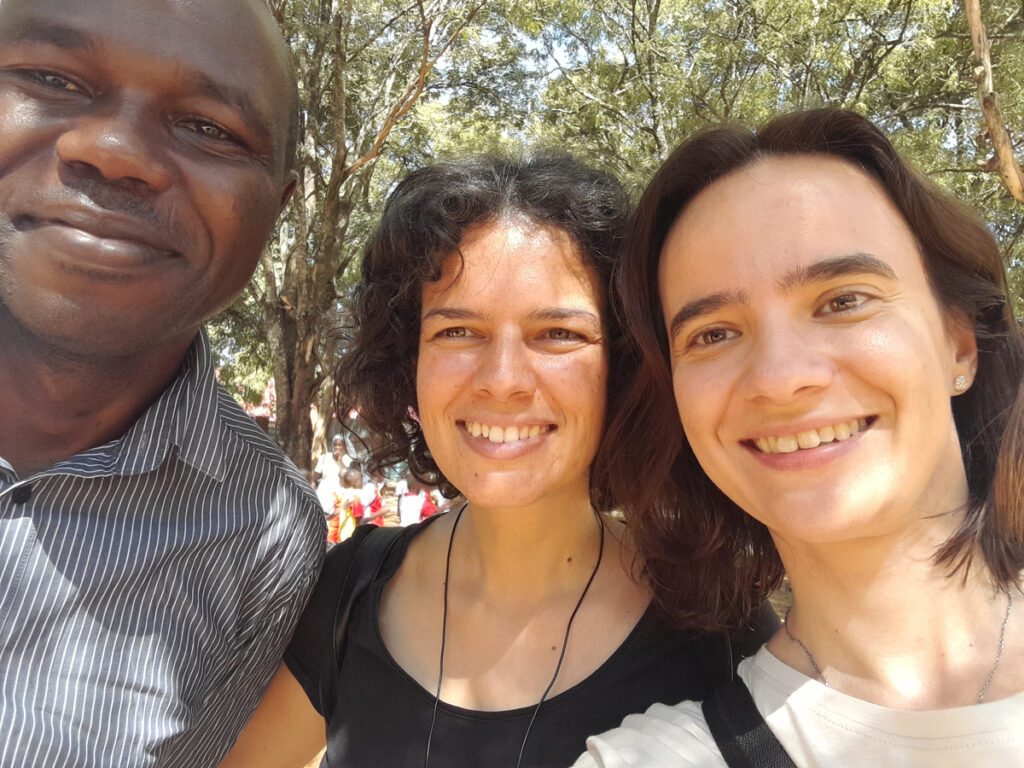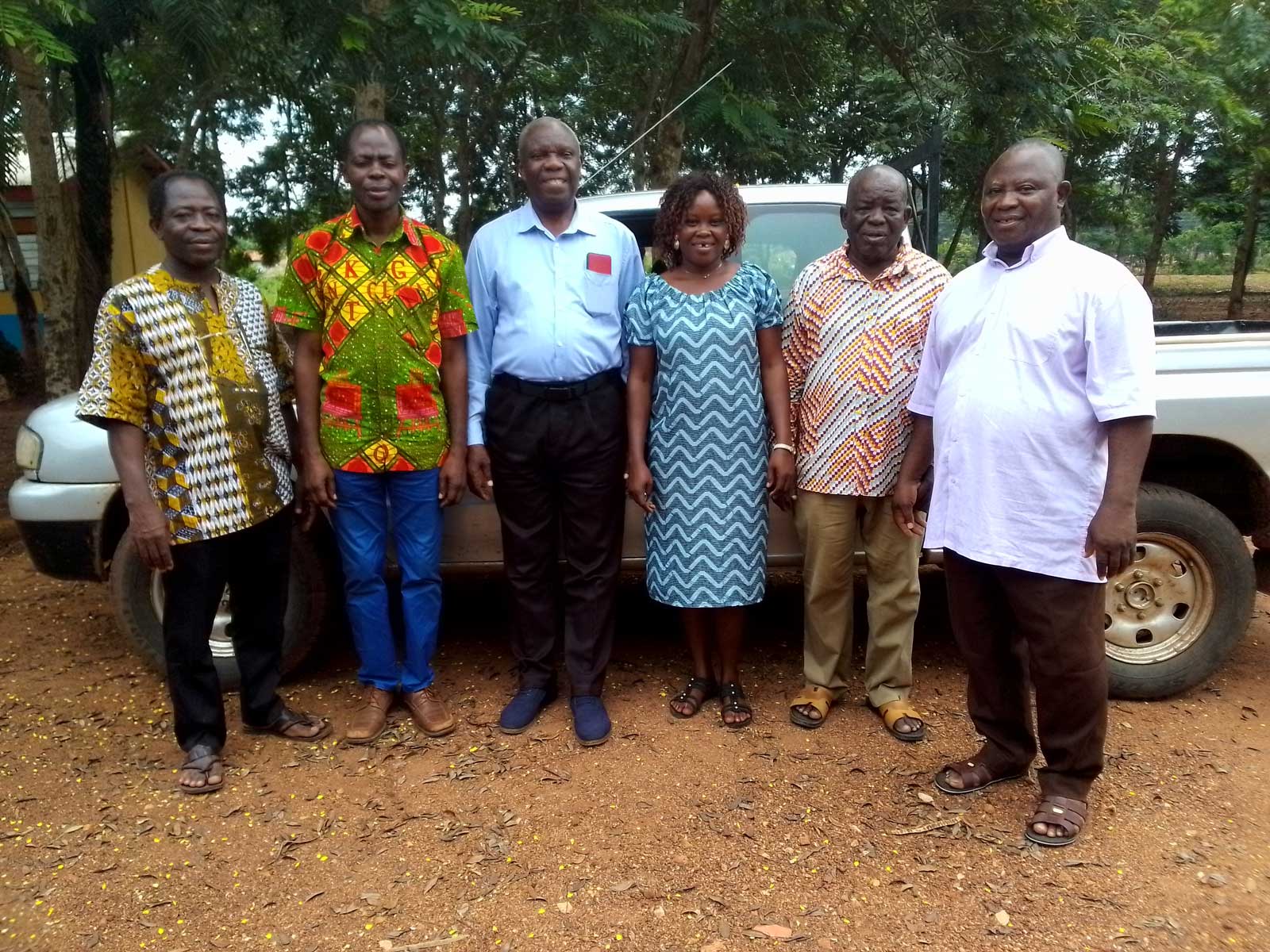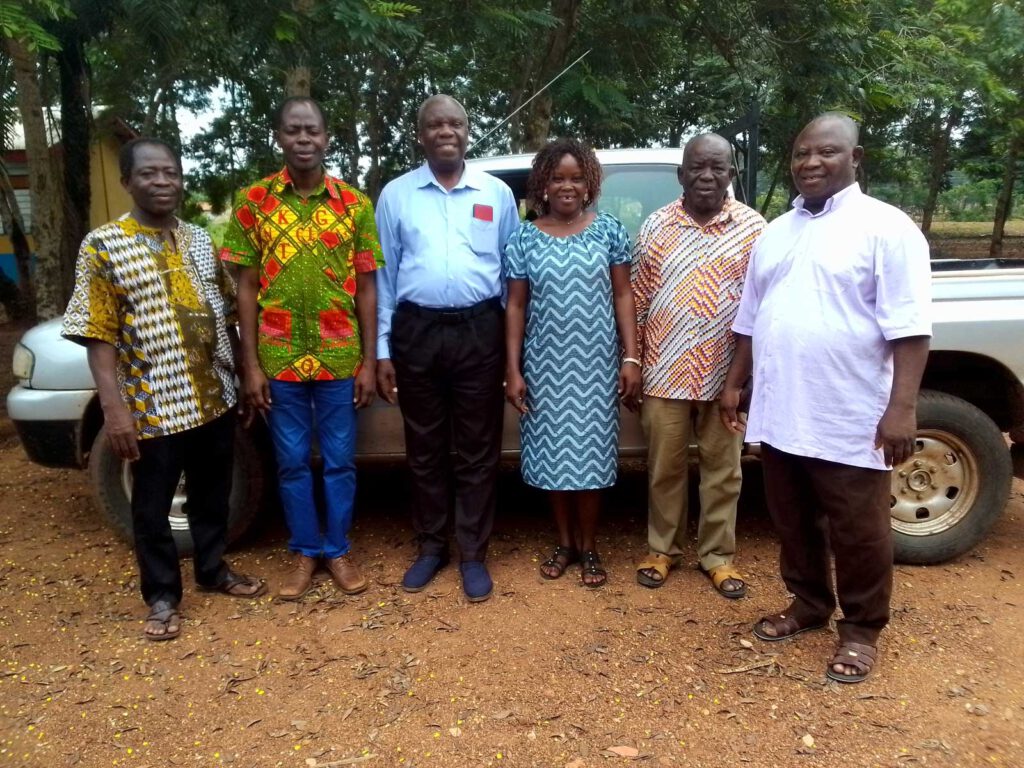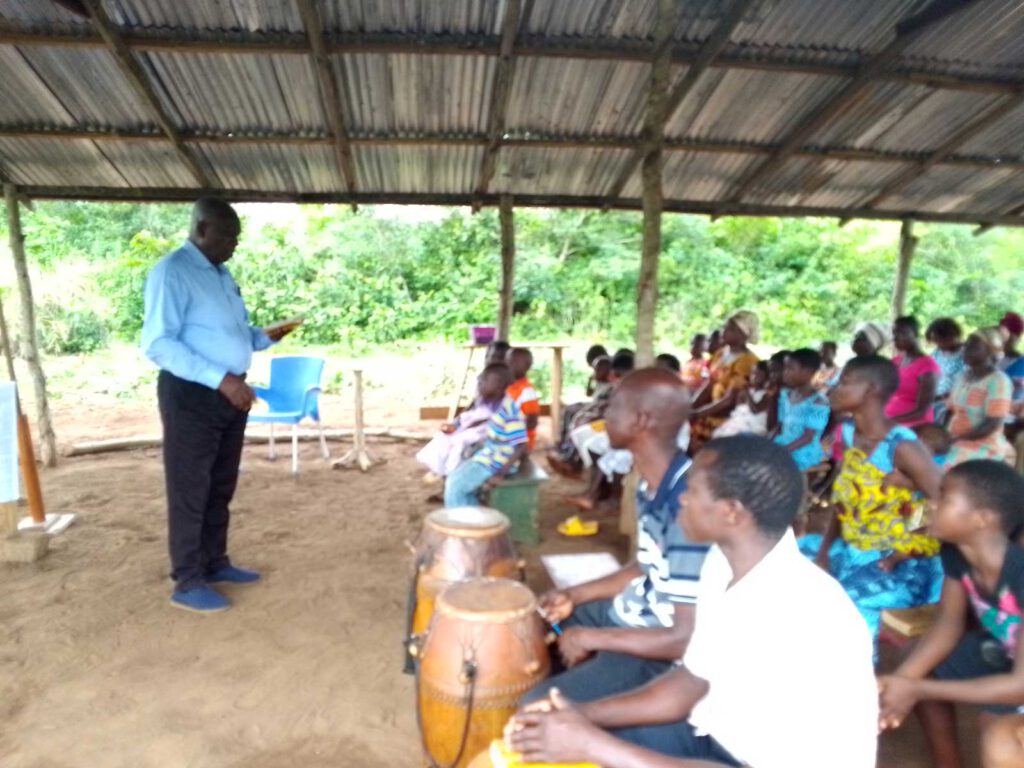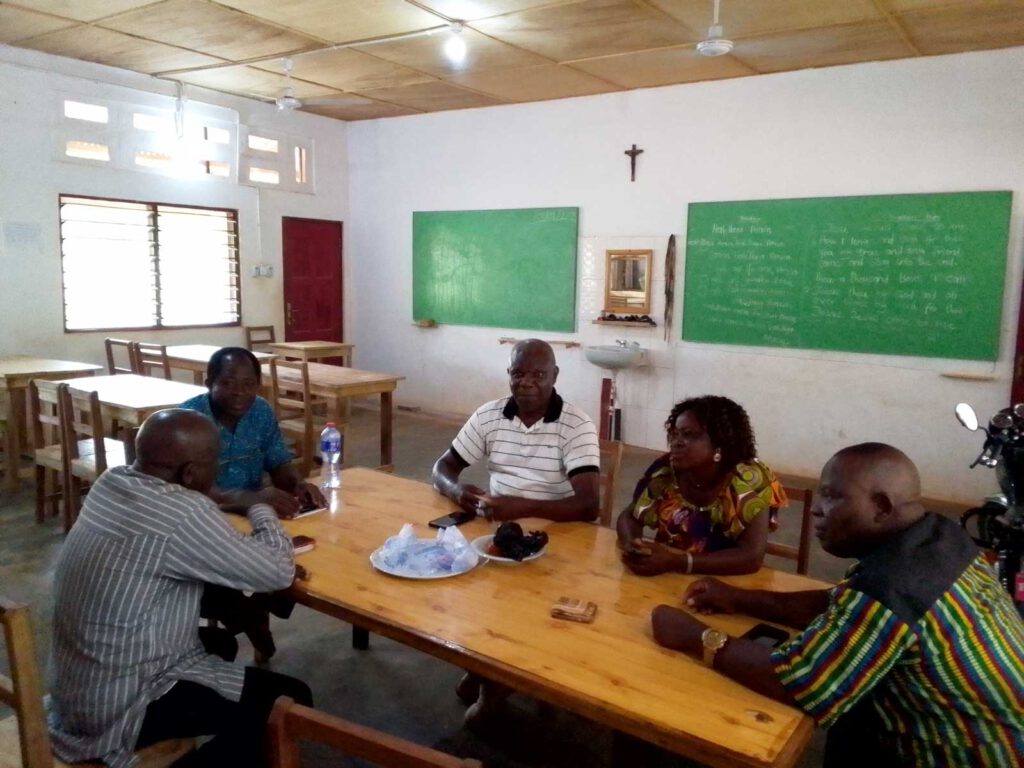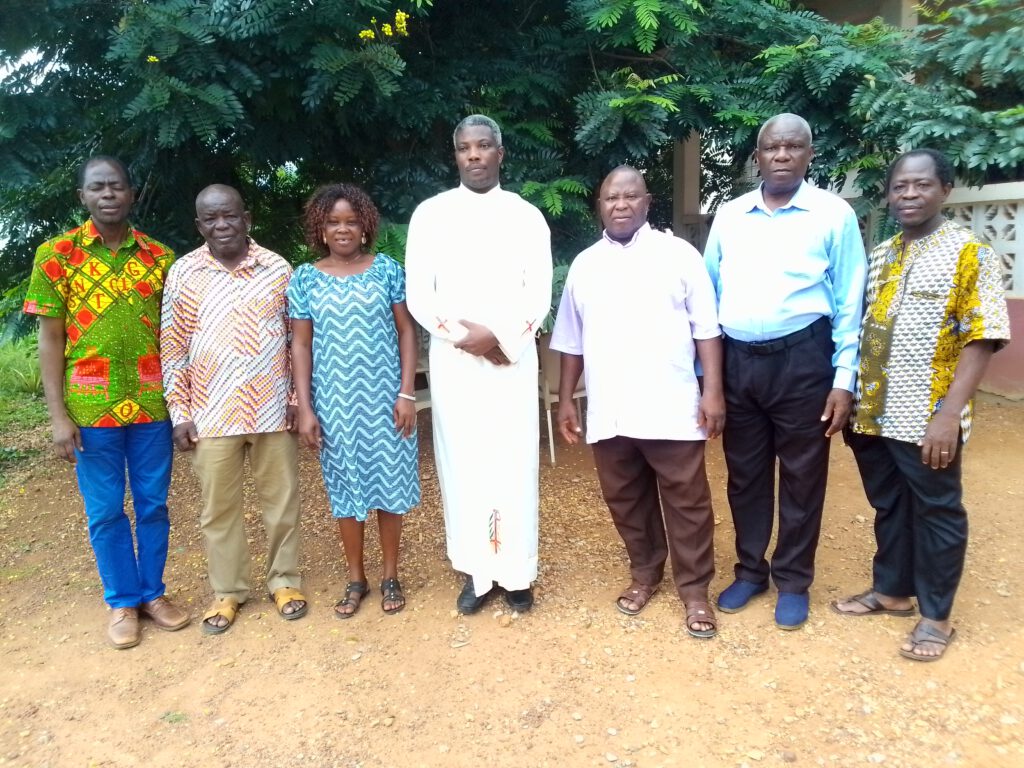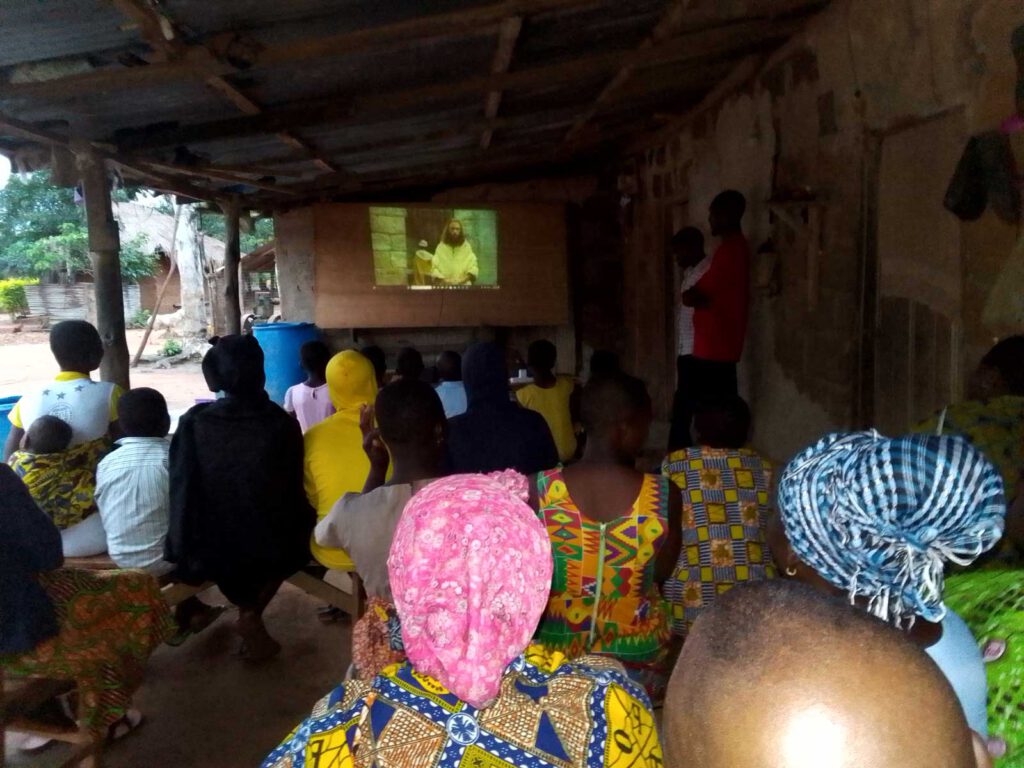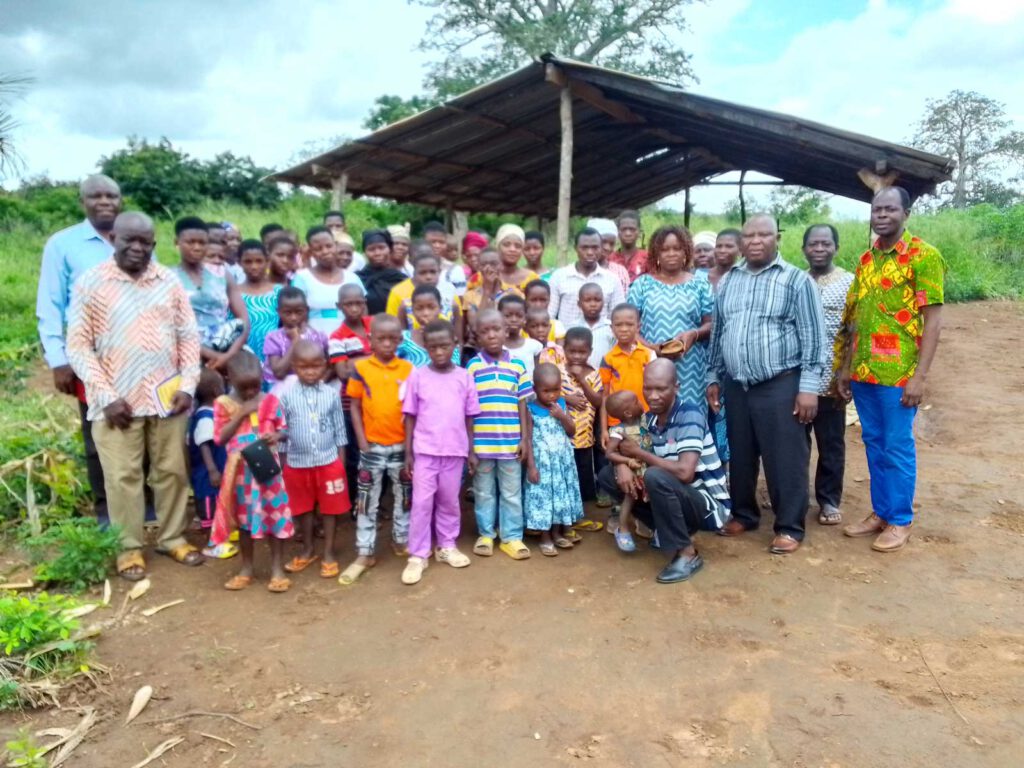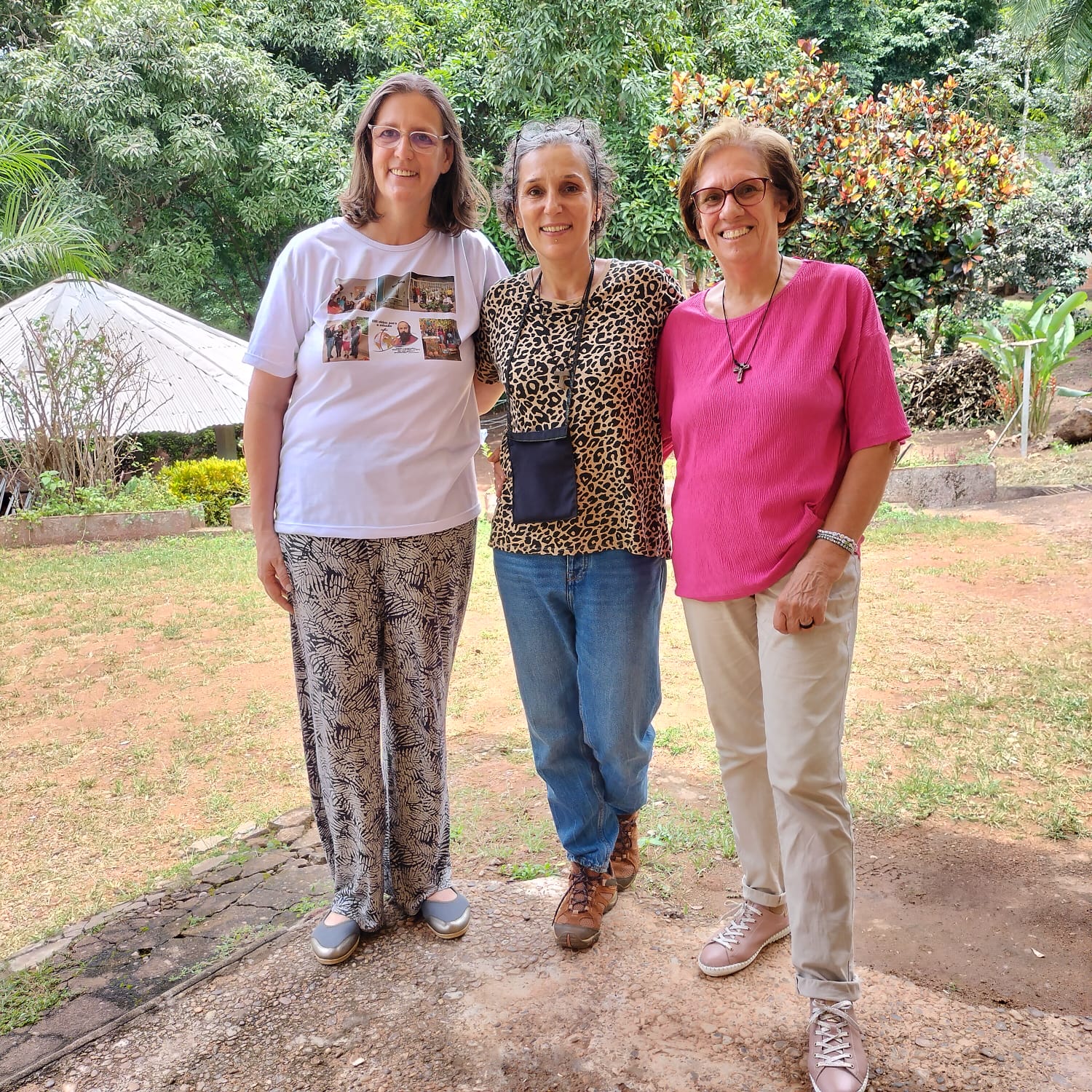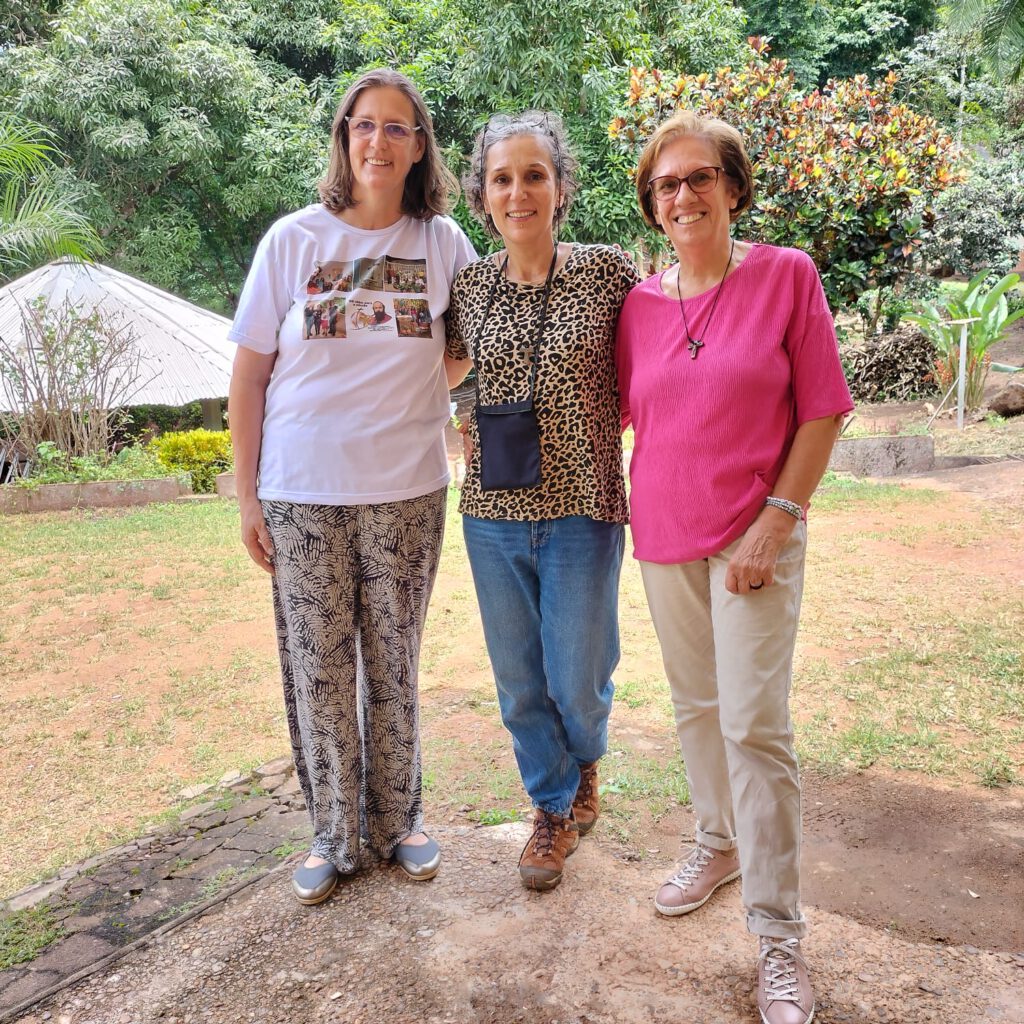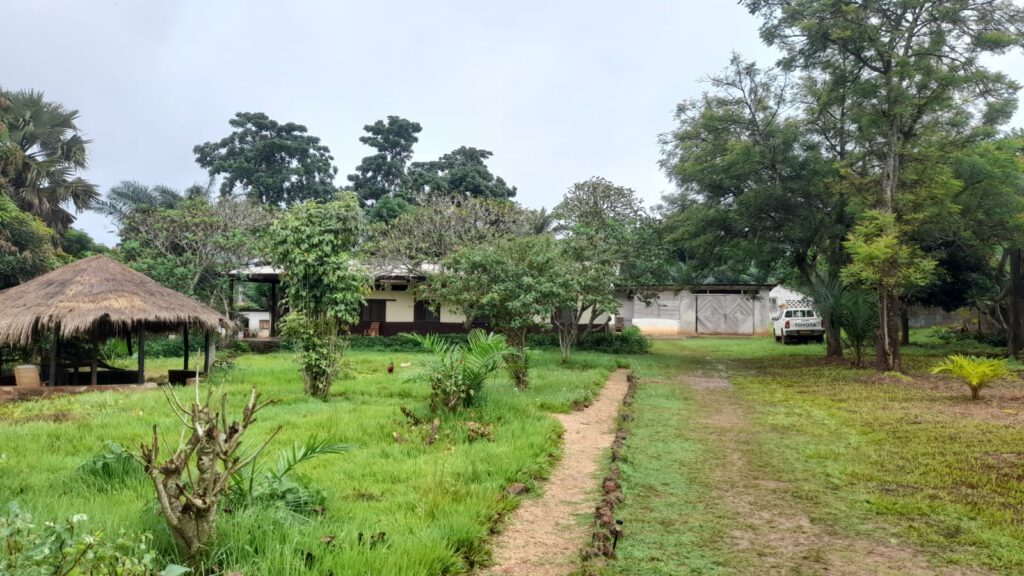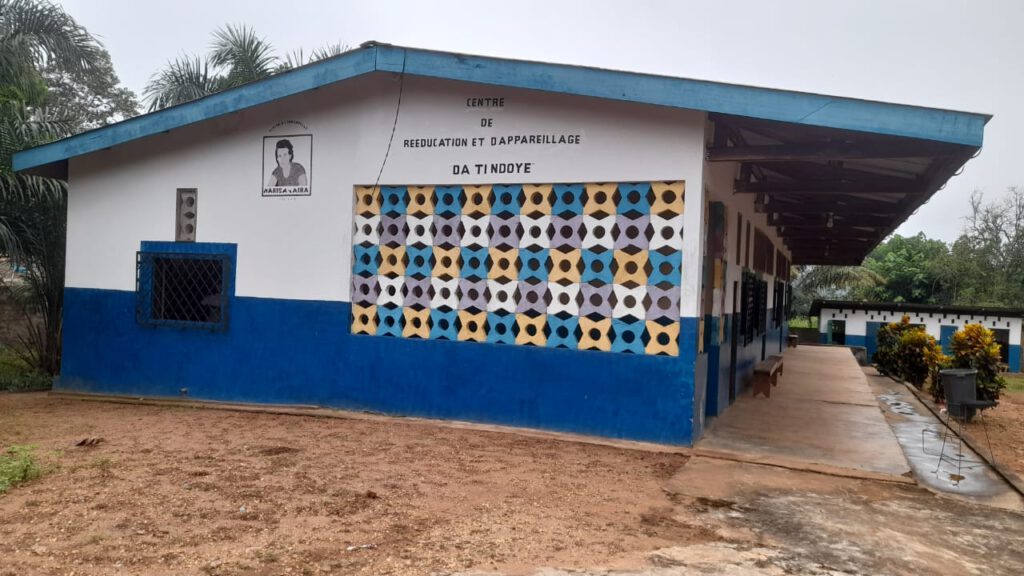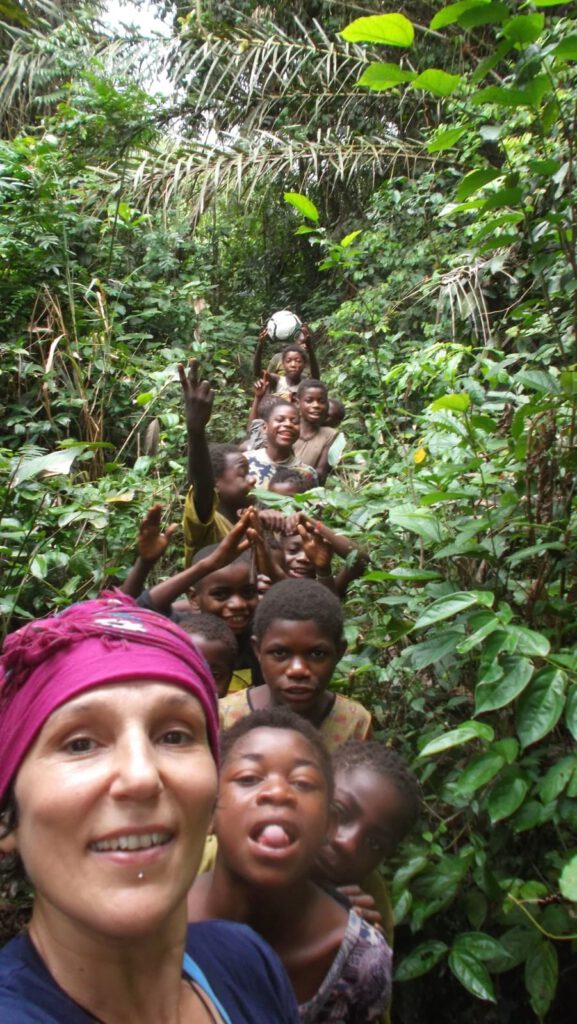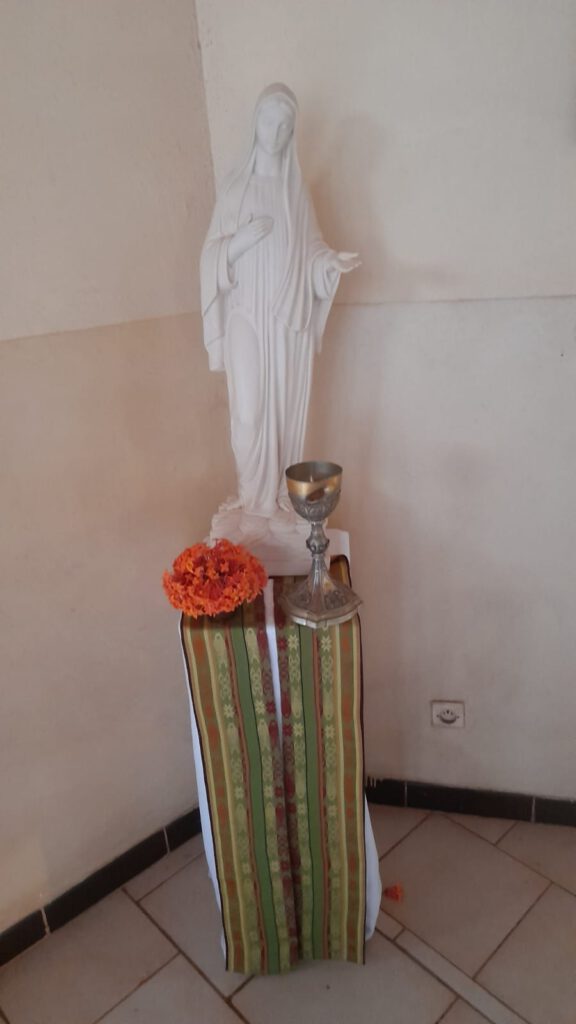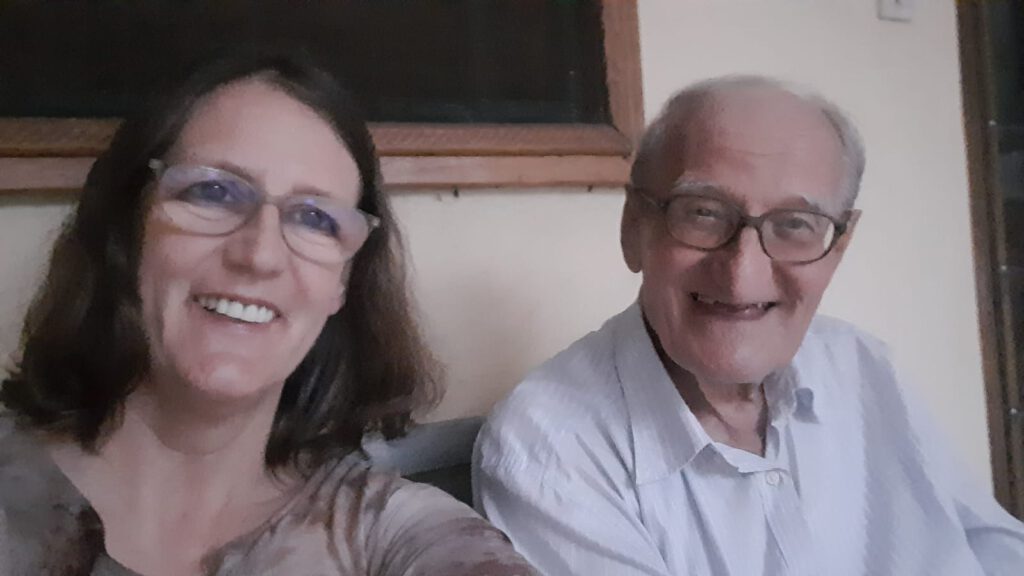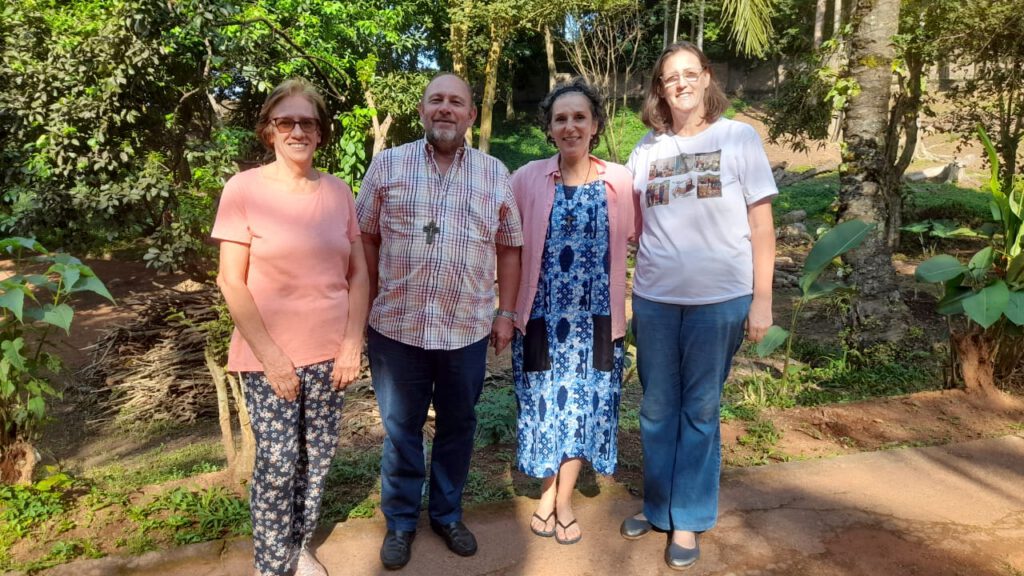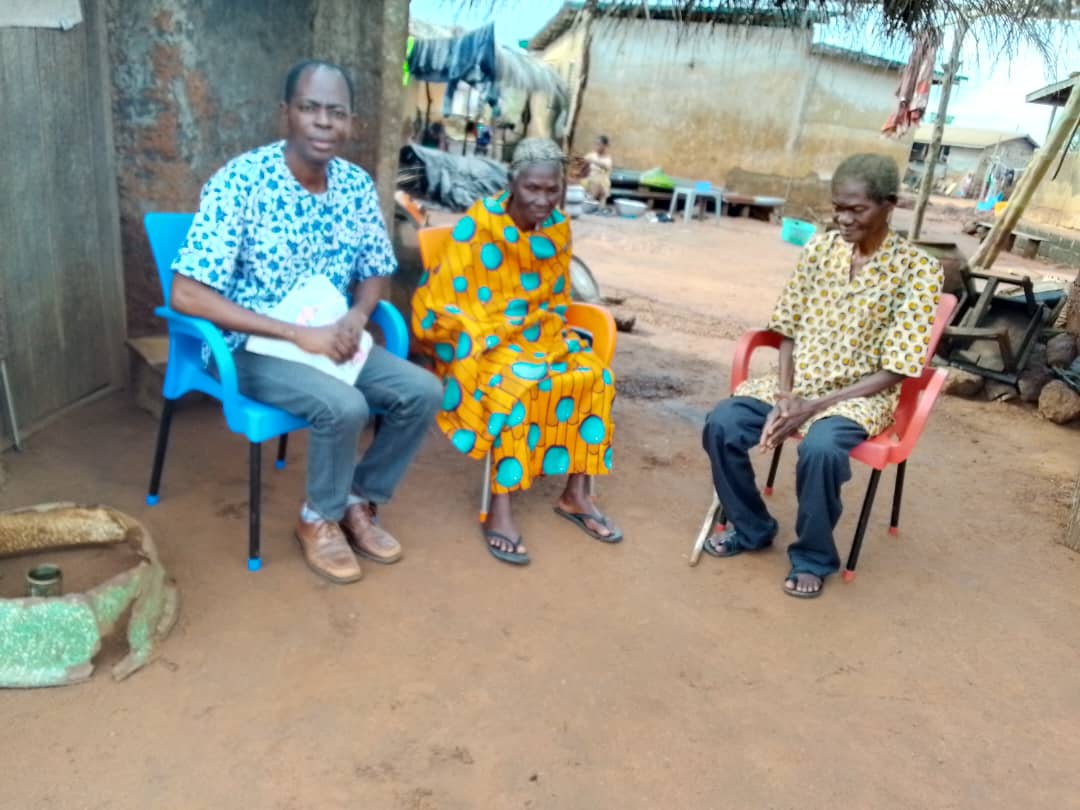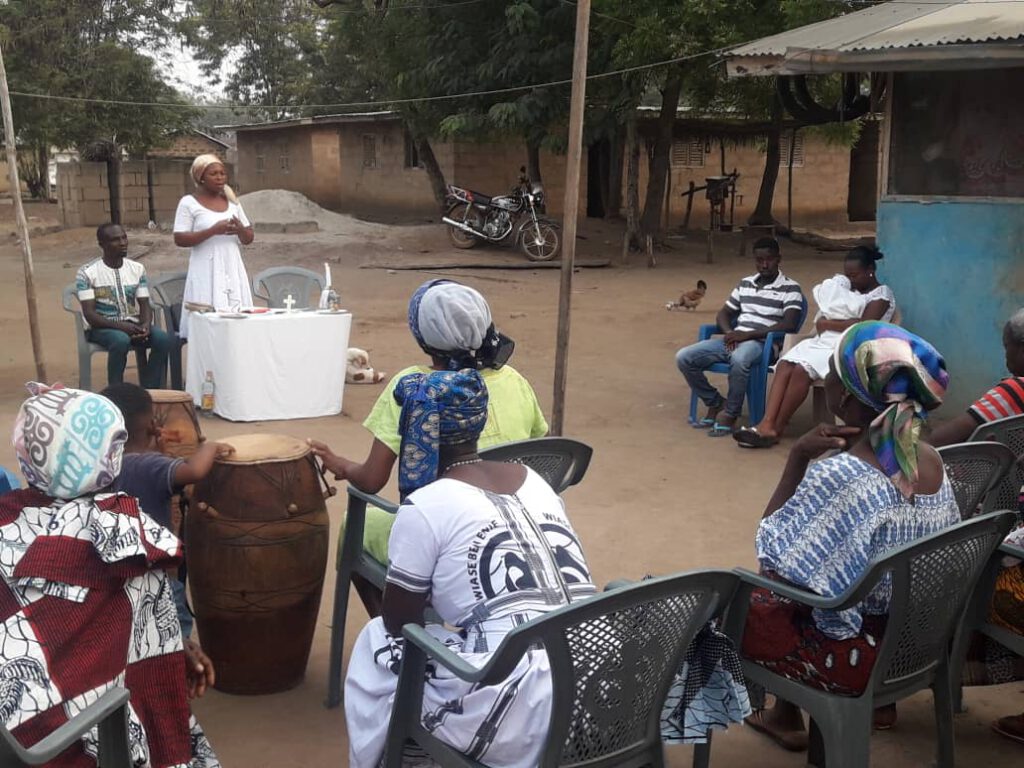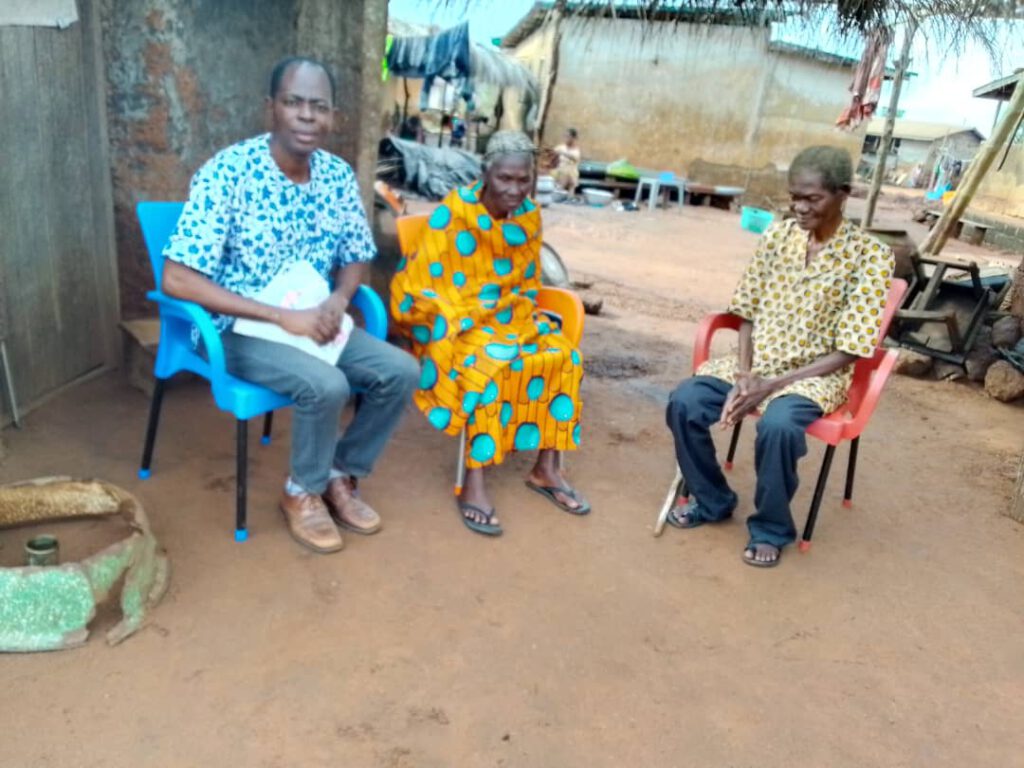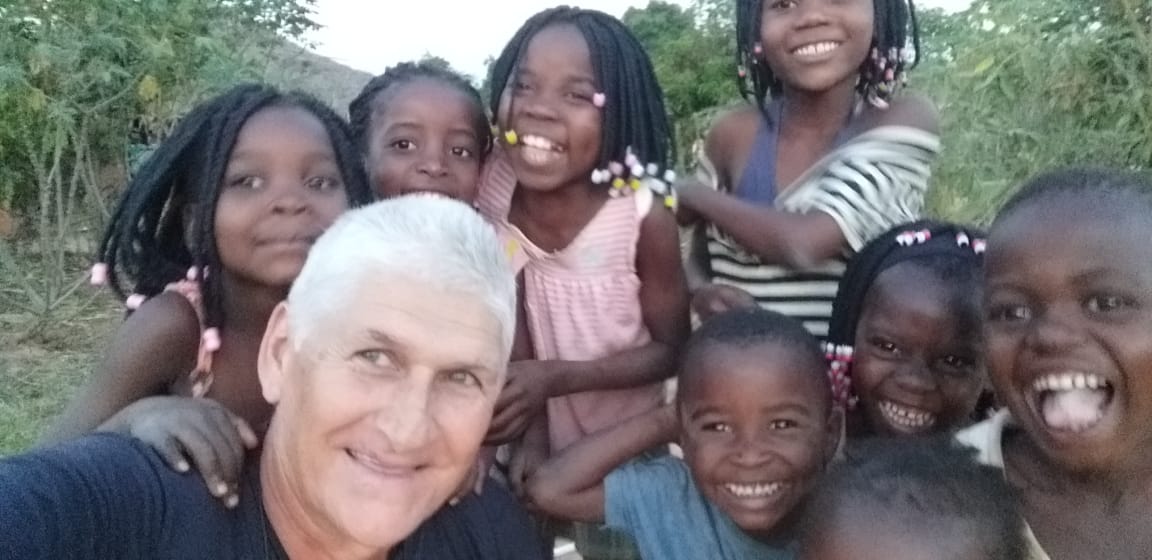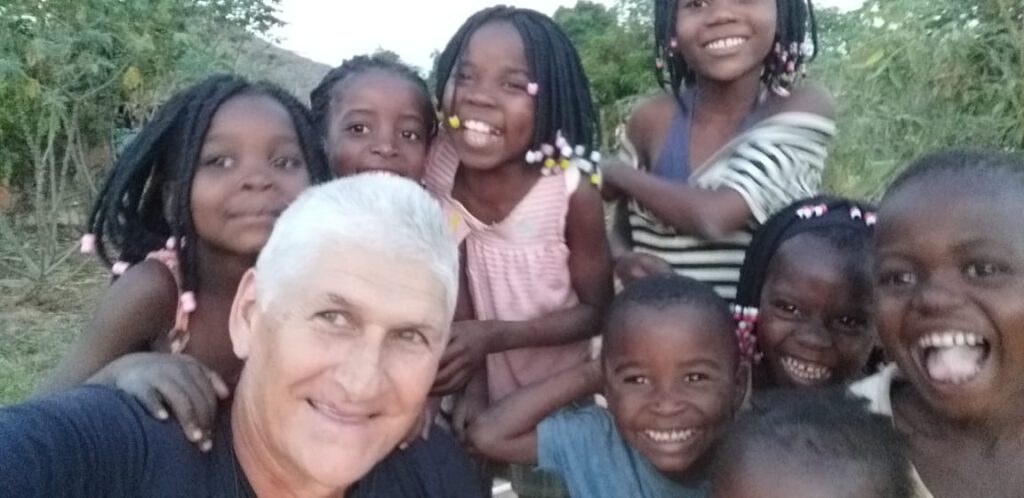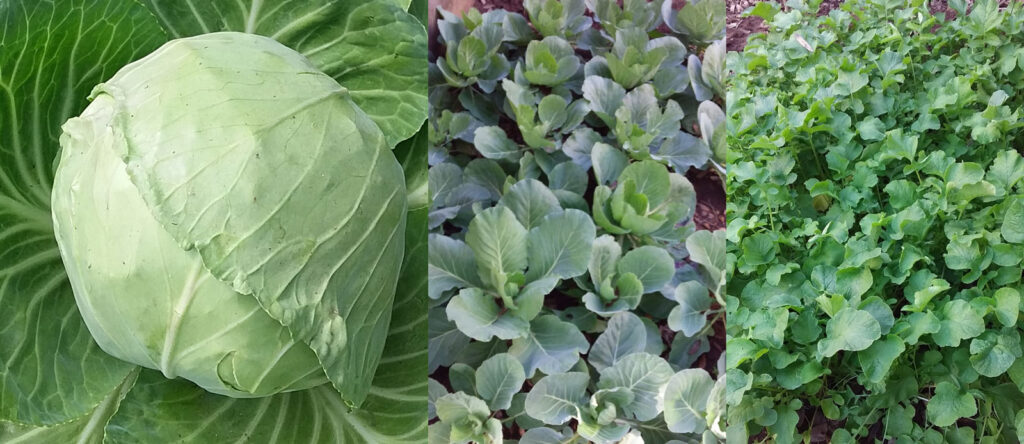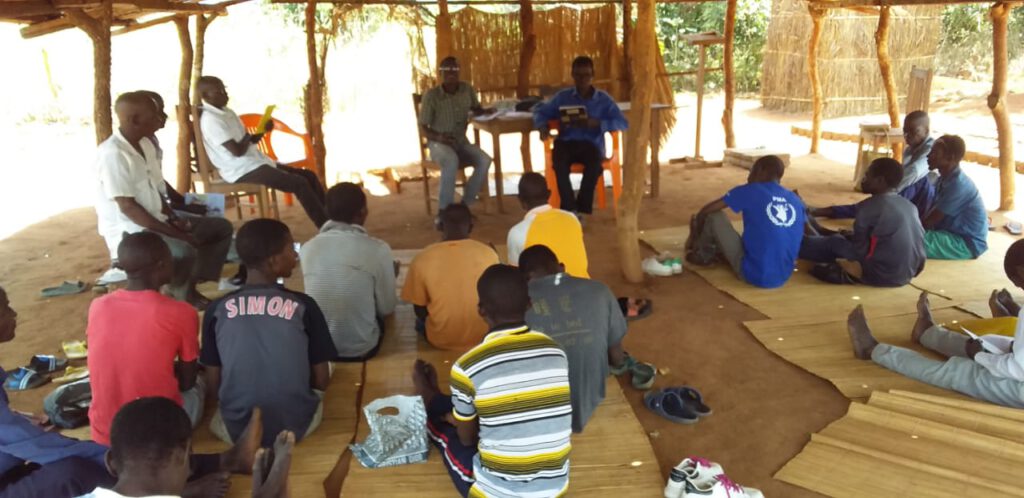It’s been almost half a year since I came to Kitelakapel. It’s amazing how wonderful I feel here from the beginning. Full of peace and joy that what I wanted so much is now coming true. The three of us stay in Kitelakapel, together with Linda, who came here first, and Pius, who has been here for almost a year. These first months were a time of meeting people, getting to know each other in the community and observing everything that was happening around me. I know this adventure will never end. And I do not want it to end. I want to continue to explore, to learn, to taste this life in Africa which is a great gift for me.
In Kitelakapel we’re doing well, we are very busy with a lot of different activities. We still spend a lot of time learning Suahili. Linda is our teacher. We have a lot of pastoral work like: catechism, Young Missionary Group (St. Bakhita group), YCS (meetings with boys from secondary school), Sunday School and attending Jumuiyas (small christian communities). Every Saturday and Sunday we organize compound games for children.
I have started offering my services to the dispensary of the mission in Kacheliba, and the small dispensary of Kitelakapel. My big dream is to work here in Kenya as a physiotherapist. It is not only my profession but also a great passion. I have already taken some official steps to be able to practice my profession here. Pius and Linda continue teaching life skills in two schools and doing tutoring in the primary school. I had the pleasure of observing their work for almost three months when I arrived here.They do it really wonderfully, engaging children and teenagers in various activities. We’ve also started weekly workshops for teachers to improve the quality of teaching. Workshops are run online by an organisation from Poland Why Blue Sky. Now schools are on vacation so we also do other activities.
We took part in very interesting workshops in Nairobi organized by Fr Maciej Zieliński. It was about personality types. We are also planning to go to Uganda for one week to organize some workshops for teachers and nurses.
We’re now trying to set up a permanent tent to have activities with children and adults in case of bad weather, and we would like to have a little playground with swing, slide and merry-go-round for the youngest children. .
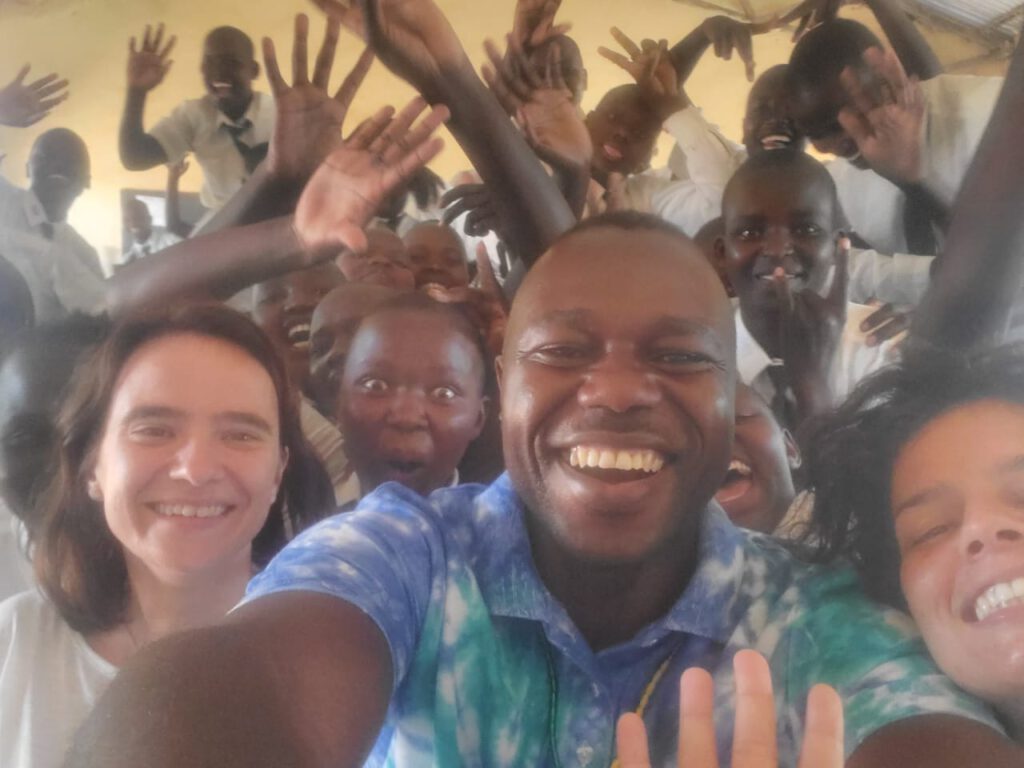
We send you our warmest greetings and please, keep us in your prayers 🙂
Marzena Gibek, CLM from Kitelakapel




